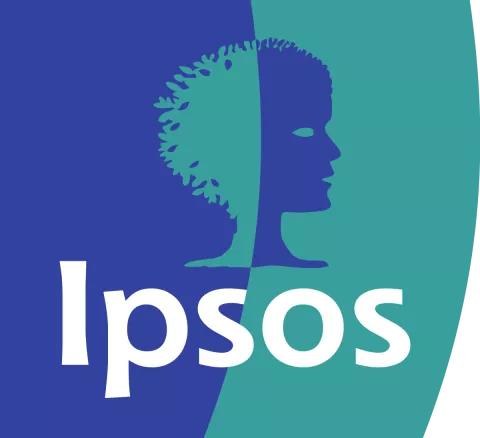Brazil 2024: knowledge and behaviors about microbiota
The survey was conducted by Ipsos among 7,500 people
in 11 countries (Brazil, Spain, France, Portugal, Poland, Finland, United States, Mexico, Morocco, China, and Vietnam).
Discover 2024 results!

Learn all about microbiota
Find out more...

Methodology
This second edition of the International Microbiota Observatory was conducted by Ipsos on 7,500 individuals across 11 countries (France, Spain, Portugal, Poland, Finland, Morocco, the USA, Brazil, Mexico, China, and Vietnam). Four new countries were included in this second edition: Poland, Finland, Morocco, and Vietnam.
The survey was conducted over the Internet between January 26 and February 26, 2024. For each country, the sample is representative of the population aged 18 and over in terms of :
- gender
- age
- profession
- region
Representativeness was ensured via quota sampling, the most commonly used sampling method for obtaining a representative sample of the population studied. The quota variables for each country were gender, age, region, and socio-professional category. The data were adjusted:
- within each country, again to ensure that each population is representative
- globally, so that each country has the same weight. Statistical analyses were carried out using Cosi software (M.L.I., France, 1994), with a significance level of 95%
The survey population was 48% male and 52% female. The average age was 46.1 years. The sample of 7,500 individuals made it possible to carry out a detailed analysis by age group:
- 18-24
- 25-34
- 35-44
- 45-59
- 60 and over
Changes from one year to the next have been measured on a like-for-like basis, i.e. calculated taking into account only those countries present in both the first and second editions of the survey. While we do have results for the new countries included in this second edition (Poland, Finland, Morocco, and Vietnam), they have not been taken into account when calculating trends, since they were not included in the first edition of the survey.
The questionnaire includes 27 questions on:
- socio-demographic data
- the level of knowledge about microbiomes
- the level of and desire for information from healthcare professionals
- the identification and adoption of behaviors designed to combat microbiome imbalances
- the level of knowledge, information, and behaviors of women about the vulvo-vaginal microbiome
- health data
The questionnaire lasted ten minutes and the 7,500 individuals had to complete the entire questionnaire in order to be included in the survey. The terms used in the questionnaire to talk about the microbiome have been translated and adapted to the terms used in each country.


